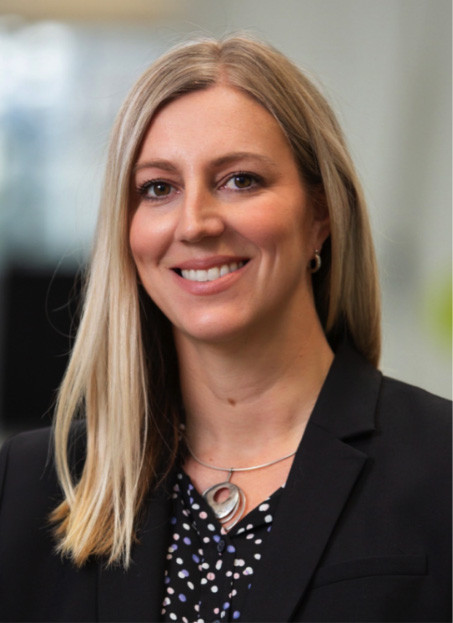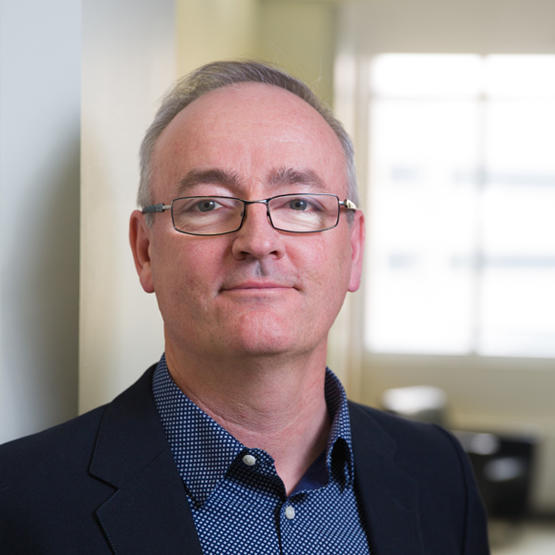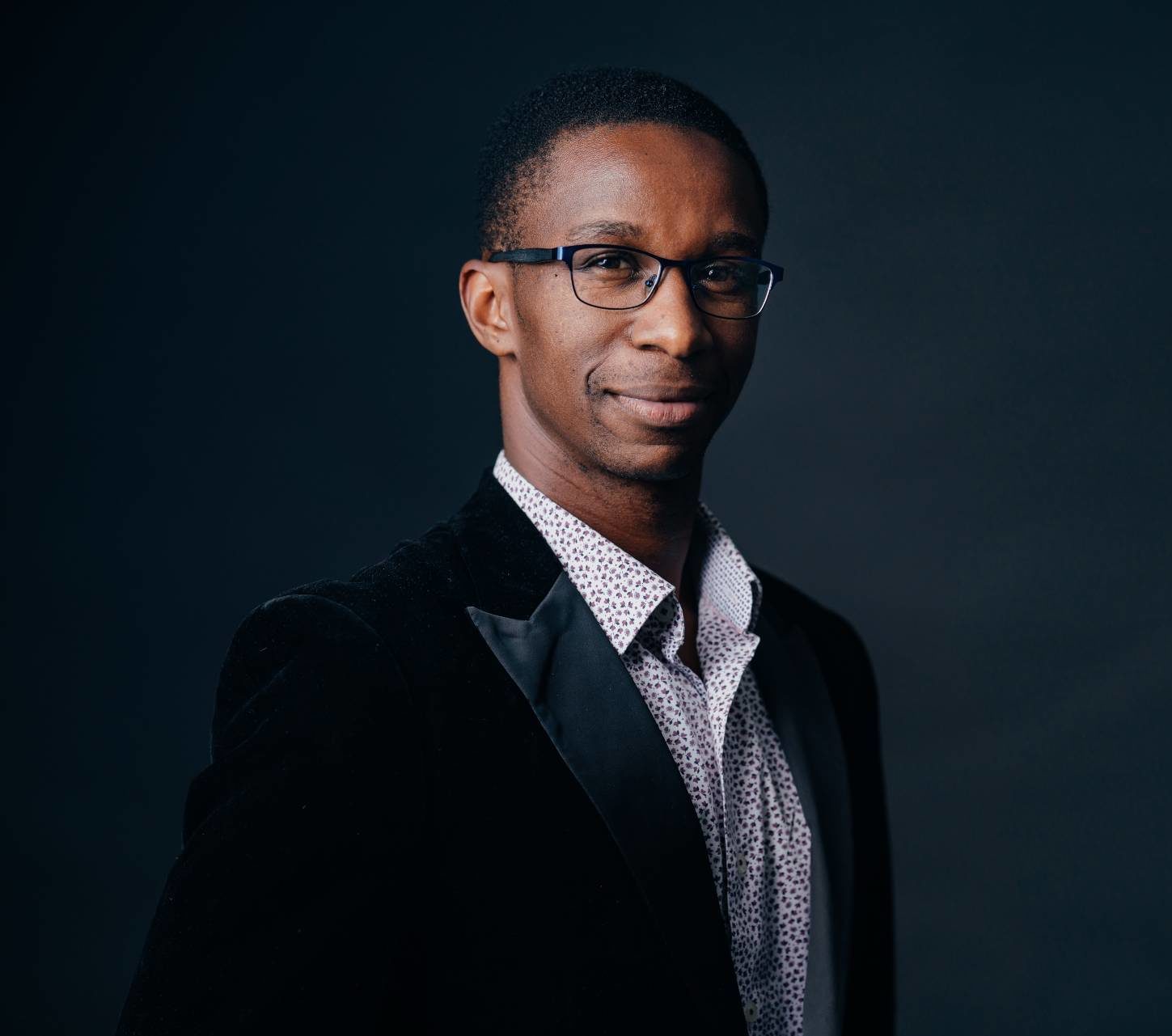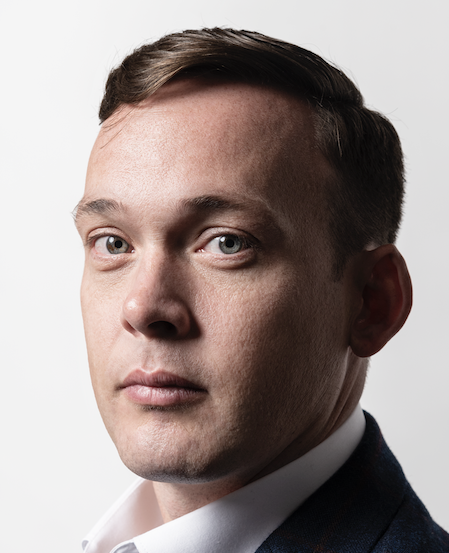Training and Events
Alberta Neuroscience works to improve an already strong Alberta neuroscience educational landscape. Our work focuses on increased sharing of neuroscience education across the The entire province. This will improve access of Alberta’s neuroscience students to expertise and resources beyond the boundaries of a single campus. We are currently piloting approaches to sharing courses and identifying future shared courses in the neuroscience discipline to deliver across the three campuses.
Successes in Neuroscience
Registration is open for the 2024 Successes in Neuroscience: Spotlight on Neural Injury and Regeneration!
Introductory Workshop on Computational Methods in Neuroscience

May 5 – May 16, 2025
Online
Workshop Description
Contemporary neurobiological experiments often generate complex data sets with many dependent variables collected continuously through time. Appropriate analysis tools are needed to uncover relationships among signals and allow for a better understanding of the underlying biological processes. This workshop aims to give students an introduction to the theory and practical application of computational methods for the analysis of neurobiological data.
This 12-day online workshop will be composed of lectures, hands-on use of key analysis methods, and a course project, and will include break days. Instruction and exercises will use MATLAB, the most commonly used data analysis and visualization tool for quantitative sciences; however, no prior experience with this software is required. Several data sets will be provided for students’ use. Each student will be asked to complete a project during the workshop. Students will have the option to use their own data in the projects or use data provided by the instructors. The instructors and TAs will provide support at every phase of the project, including selecting an appropriate topic, deciding on analyses, programming, and visualization. Although the course will focus on signals from animal behaviour and electrophysiology, the methods taught in the course will be highly applicable to many other types of signals encountered in neurobiological research.
For this year’s iteration of the workshop we are very happy to announce that the program will now include Python. Students will be able to see how course learning can be transferred from MATLAB into Python. There will also be TA support in Python during project hours.
We are also very excited to announce that the workshop will be open to graduate and undergraduate students giving further training opportunities for bright young researchers.
Participants will receive university credit for this course. Additional fees may apply. See below for more information.
General Topics
-
Introduction to MATLAB and other appropriate coding tools (e.g., Python and R)
- Data visualization
- Overview of analysis methods for biological signals
- Fundamental concepts in signal and image processing
- Working with continuous and discrete data
- Analysis of behavioural videos and brain imaging dataset
- Fundamental concepts in machine learning and its application in life science, health and agriculture
- Introduction to cloud computation
Instructors
This online workshop is delivered by experts in the field of computational neuroscience at the Canadian Centre for Behavioural Neuroscience (CCBN) and selected guest speakers.
- David Euston
- Aaron Gruber
- Artur Luczak
- Majid Mohajerani
- Masami Tatsuno
- Bruce McNaughton (Director of the Polaris Brain Dynamics research group).
For more information about the course instructors, please visit: www.uleth.ca/artsci/neuroscience/our-faculty
2025 Guest Speakers
- Chelsea Ekstrand
Cost
The costs for the entire 12-day workshop is $400 for graduate students and only the applicable tuition fees (depending on home institution of student) for undergraduate students. NO FEES ARE DUE AT THE TIME OF APPLICATION. If you are invited to attend the workshop, more information will be provided to you on how to pay your registration fee.
Pre-Course Materials
Before beginning the course, participants are strongly encouraged to access the following materials to ensure that they are able to effectively grasp the course content:
- Getting Started Guide: www.mathworks.com/help/pdf_doc/matlab/getstart.pdf
- Tutorials:
- http://www.mathworks.com/academia/student_center/tutorials/launchpad.html
- Matlab Learning Resources: https://matlabacademy.mathworks.com/
- Matlab documentation: http://www.mathworks.com/help/techdoc/
- Optional books:
- Wallisch, P., Lusignan, M., Benayoun, M., Baker, T., Dickey, A.S, & Hatsopoulosn N. (2014). Matlab for Neuroscientists. Academic Press. (U of L library has license for 10 simultaneous users: http://darius.uleth.ca/record=b1960794~S1 )
- Aron, A., Aron, E.N., & Coups, E.J. (2009). Statistics for Psychology (5th Edition). Upper Saddle River, N.J.: Pearson Prentice Hall.
Workshop Eligibility
- Preference will be given to Graduate level students (Masters or PhD) and Postdoctoral fellows registered full-time in a post-secondary institution working in neuroscience or a related discipline.
- Undergraduate students registered full-time in a post-secondary institution working in neuroscience or a related discipline, involved in a research project and sponsored by an academic faculty member may apply. Undergraduate students without a supervisor with a keen interest may still apply and will have an opportunity on the application to outline their interest and experience.
- No prior experience with any programming language is required.
- Students can outline previous experience on the application. Previous experience will be taken into consideration during adjudication.
- Students are expected to have familiarity with hypothesis testing and basic concepts of neuroscience (e.g. action potentials).
- Alberta Neuroscience will consider the values of equity, diversity, and inclusion when selecting participants in the workshop. We are committed to creating an inclusive environment that brings together diverse perspectives from our students, staff, instructors, guest speakers, and teaching supports.
Application Process
To be considered for the workshop, applicants are required to submit:
- Online Application Form
- The application form requires basic information about the applicant, supervisor, experience, and learning goals. Applicants will also upload a current CV and a Letter of Supervisor Support.
- Applicant curriculum vitae (in .pdf format)
- CVs should not exceed 3 pages and include education/training, positions/employment, honors/awards, publications, presentations, research support, etc.
- Letter of Supervisor Support
- A signed letter of support needs to be provided by the supervisor that outlines how participation in this workshop will benefit the student’s project/program of study and the supervisor’s own program of research. Supervisors must provide their signed letter in a protected .pdf format.
If needed, Letters of Supervisor Support can be sent directly to Alberta Neuroscience at albertaneuro@uleth.ca with the subject line, “Computational Methods Workshop Application Letter of Support– [STUDENT LAST NAME, FIRST NAME].”
Complete applications – including the Online Application Form, applicant CV, and Letter of Supervisor Support – must be received by the application deadline (March 21, 2025 @ 4pm MST). Late or incomplete applications may be considered on a case-by-case basis. It is the sole responsibility of the applicant to ensure the submission adheres to the requirements and is received before the deadline.
No fees are due at the time of application. If you are invited to attend the workshop, more information will be provided to you on how to pay your registration fee.
Students from outside of Alberta and those from Alberta who are not registered full-time graduate-level program in a partnered institution will be required to register to receive university credit for this course, and ill need to pay for registration and tuition at the University of Lethbridge. University credit is not optional.
The application can be accessed here.
Key Dates
- Workshop application opens: January 24, 2025
- Workshop application deadline: March 21, 2025 @ 4pm MST
- Notification of acceptance: April 2024.
Application Adjudication
The Computational Neuroscience Committee will review and rank all complete applications. Applications will be evaluated on merit and on the following criteria:
- Preference to graduate students working in neuroscience or related discipline
- Preference to Alberta-based students
- Quality of student’s CV
- Benefit to student’s program of study/project
- Contribution to Supervisor’s program of neuroscience research
A maximum of 30 students will be invited to participate based on adjudication ranking. Priority is given to graduate students who meet the eligibility criteria and are registered in an Alberta educational institution.
Notice of Decision
- Applicants will be notified of the Committee’s decision in writing by Alberta Neuroscience
- Students accepted into the workshop will be provided with a registration package in advance. The package will include additional details on the workshop content, course credit and fees.
Questions
If you have any questions or concerns about the upcoming workshop, please contact Renée Dumas.
Past Training and Events
Neuro-preneur Conversations
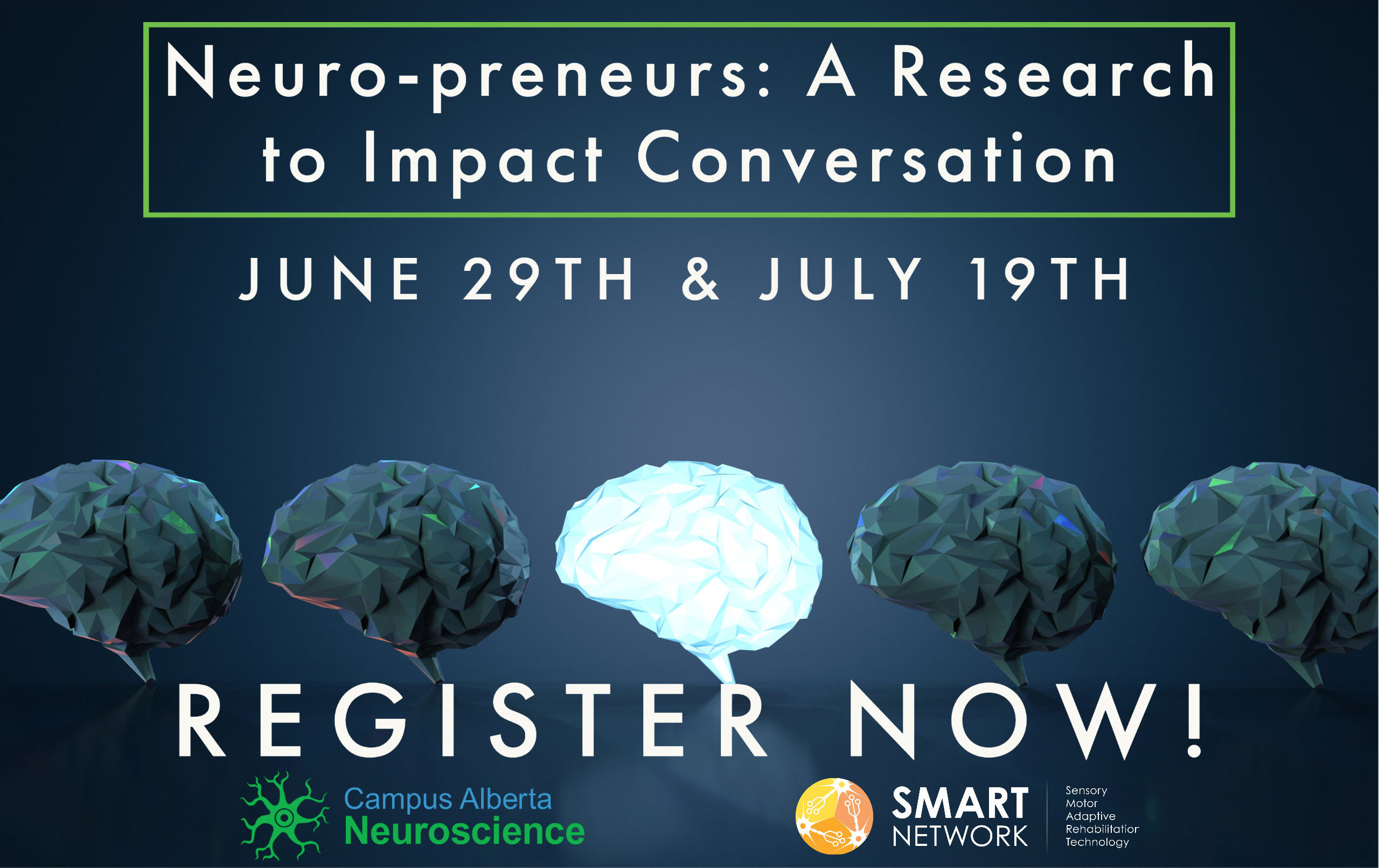
The first Neuro-preneur Conversations took place on June 29th and July 19th, 2022.
As part of Campus Alberta Neuroscience’s effort to support and enhance neuroscience entrepreneurship in Alberta, we were thrilled to host some of our supported neuro-preneurs for a conversation about their successes and lessons-learned in the journey from research to impact.
Moderated by the accomplished researcher and innovator Dr. Vivian Mushahwar from the SMART Network, we heard directly from a panel of neuro-preneurs sharing their key insights and the lessons they have learned along the way to success, as well as some advice for those wanting to innovate in the neuroscience field.
Watch the recordings below to gain practical advice and expertise on how to transform discoveries into new solutions and ventures, how to navigate the innovation ecosystem in Alberta and beyond, and connect with local entrepreneurs.
Conversation 1
Watch the recorded conversation with the following neuro-preneurs:
Conversation 2
Watch the recorded conversation with the following neuro-preneurs:
Moderator
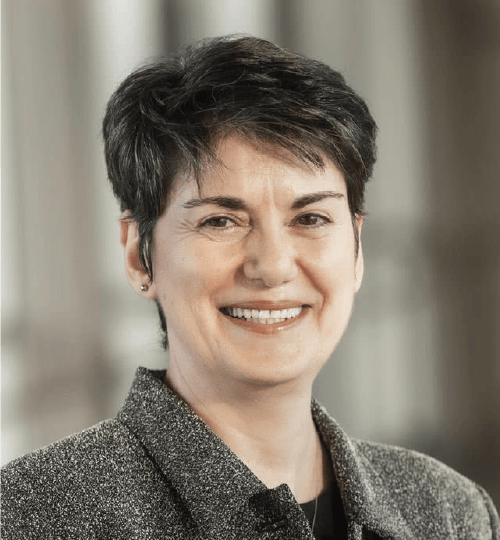
Dr. Vivian Mushahwar
Director, SMART Network
University of Alberta
Dr. Vivian Mushahwar is the Director of the SMART Network. She is also a Canada Research Chair (Tier 1) in Functional Restoration and a Professor in the Department of Medicine, Division of Physical Medicine and Rehabilitation, Faculty of Medicine and Dentistry at the University of Alberta. Her work focuses on developing intelligent wearable and implantable neural prostheses that restore mobility and prevent secondary complications. She also focuses on developing creative rehabilitation interventions that are both efficacious and cost-saving. She pioneered the development of micro-implants for stimulating the spinal cord in restoring standing and walking after paralysis, as well as the development of the wearable garments, Smart-e-Pants and the SOCC, for preventing pressure injuries and deep vein thrombosis.
Canadian Symposium for Computational Neuroscience

Event Overview
Campus Alberta Neuroscience is a pleased to announce the first ever Canadian Symposium for Computational Neuroscience, being held October 26-27 2021. This national symposium was held virtually and connected trainees, researchers, and industry representatives from across the country to share knowledge, research, and innovation.
The programming included panel discussions, research presentations, a facilitated researcher collaboration session, and a keynote presentation by Geoffrey Hinton. Also included was an interactive workshop led and sponsored by the Alberta Machine Intelligence Institute (Amii) and will provide attendees with an understanding of artificial intelligence and machine learning in the real world. No prior knowledge in coding or programming is needed! Attendees will also have the opportunity to learn about how Amii researchers use machine learning to aid in the diagnosis of mental disorders, like Schizophrenia. Principal Researcher Sunil Kalmady and Amii Research Fellow Russ Greiner will give a short presentation on their work and answer any questions you may have.
Topics
The major themes of the symposium will be: Biological Computation, Network Neuroscience, Dimensionality Reduction, and Information Decoding from Neural Networks. We are in collaboration with various groups and organizations to offer a curriculum best suited to the current research and innovation in the computational neuroscience field.
Please click below to for the detailed event program, and information on speakers and sponsors.
Lightning Talks
We are excited to provide trainees with the opportunity to present your own research through brief ‘Lightning Talk’ presentations. These presentations are available for the Postdoc, PhD, Masters, and Undergraduate levels, with $400 prizes available to the best talk presented in each category!
Lightning Talk guidelines are available here.
The deadline to submit was Friday, October 8 at 12:00PM MDT.
Promoting Healthy Brain Aging and Preventing Dementia International Symposium
May 18-19, 2021
Virtual Event
Mark your calendars and join international experts for the virtual 2021 Symposium on Promoting Healthy Brain Aging and Preventing Dementia: Research and Translation, taking place May 18-19th, 2021. Campus Alberta Neuroscience is proud to host the Third International Symposium that will bring together experts from Alberta and around the world to share knowledge and contribute to the ongoing discussions on the research and translational tools required to improve the prevention, detection, intervention, and management of dementia and to promote healthier brain and cognitive aging.
The Event Program is now available and includes the full agenda, abstract information and speaker biographies. Click here to view it.
Keynote Speakers
Campus Alberta Neuroscience is proud to announce the keynote speakers for the 2021 Symposium.
Kaarin Anstey
University of New South Wales, NeuRA – Sydney, Australia
Professor Kaarin Anstey is Director of the UNSW Ageing Futures Institute, and a Senior Principal Research Scientist at Neuroscience Research Australia. Anstey also co-Directs the Australian Dementia Centre for Research Collaboration and is Chair of the International Research Network on Dementia Prevention. Anstey’s research programs focus on the causes, consequences and prevention of cognitive ageing, and dementia. She has developed risk assessment tools and is an investigator on several multidomain dementia risk reduction trials. A second focus of her work is on how sensory and cognitive ageing impact driving.
Alison Goate
Icahn School of Medicine at Mount Sinai – New York, USA
Dr. Alison Goate is the Jean C. and James W. Crystal Professor and Chair of the Dept. of Genetics and Genomic Sciences at the Icahn School of Medicine at Mount Sinai (ISMMS). She has worked on the genetics of neurodegenerative diseases including Alzheimer’s disease (AD) and Frontotemporal Dementia (FTD) since 1987, and is the founding director of the Ronald M. Loeb Center for Alzheimer’s disease at ISMMS. Over the last three decades she has been part of many gene finding teams that have successfully identified disease causing variants for both AD and FTD. Whilst working at Imperial College she reported the first mutation to cause familial Alzheimer’s disease and early studies at Washington University identified the mutation in the Colombian families that are now part of the API clinical trial. Her lab was also part of the team that first reported MAPT mutations in FTD. Dr. Goate is also a leader in the study of late onset AD genetics using integrative genomic approaches to identify novel genetic risk factors. Her work led to the identification of Trem2 as a risk factor for AD and has highlighted the enrichment of AD risk variants in microgial enhancers, regulatory elements in DNA that control gene expression in immune cells of the brain. She is now building upon these insights using genome-editing in induced pluripotent stem cells to understand the molecular mechanisms of disease and to develop novel therapeutics. Dr. Goate has received the Potamkin Award, the Khalid Iqbal Lifetime Achievement Award from the Alzheimer’s Association and the MetLife Award for her research on AD. She was elected a fellow of AAAS in 2012 and a fellow of the National Academy of Medicine in 2016.
Registration is now CLOSED.
Instructions for accessing the event have been sent to attendees. If you have any questions about your tickets, please email abneuro@ucalgary.ca.
The event will be recorded. If you are unable to attend the live session, a link to the recording will be sent to you after the event.
Click here to see the event agenda and speaker list.
Abstract Submission CLOSED!
Abstract submission is now closed. Thank you to everyone who sent in their abstract! Notification of success and details regarding abstract presentations will be sent on April 14, 2021.
The Canadian Institutes of Health Research Institute of Aging will be sponsoring the abstract awards for the top presenters in the Masters level, PhD, and Postdoctoral fellow categories. To encourage and support young scientists, there will also be an award for top undergraduate abstract presentation.
In planning this event, Campus Alberta Neuroscience is pleased to work the the Healthy Brain Aging and Dementia committee including Dr. David Westaway, Dr. Roger Dixon, Dr. Eric Smith, Dr. Marc Poulin. Dr. Rob Sutherland.
As they are confirmed, Conference details will be updated.
Please click here to view the First International Dementia Conference program and here for the Second International Dementia Conference program.
Questions
For more information about the Symposium, please contact abneuro@ucalgary.ca.
Sponsors
Campus Alberta Neuroscience would like to give a huge thank-you to our 2021 sponsors. Without their generous contributions, the symposium would not be possible.
GOLD LEVEL SPONSOR
SILVER LEVEL SPONSOR
SUPPORTER LEVEL SPONSORS

